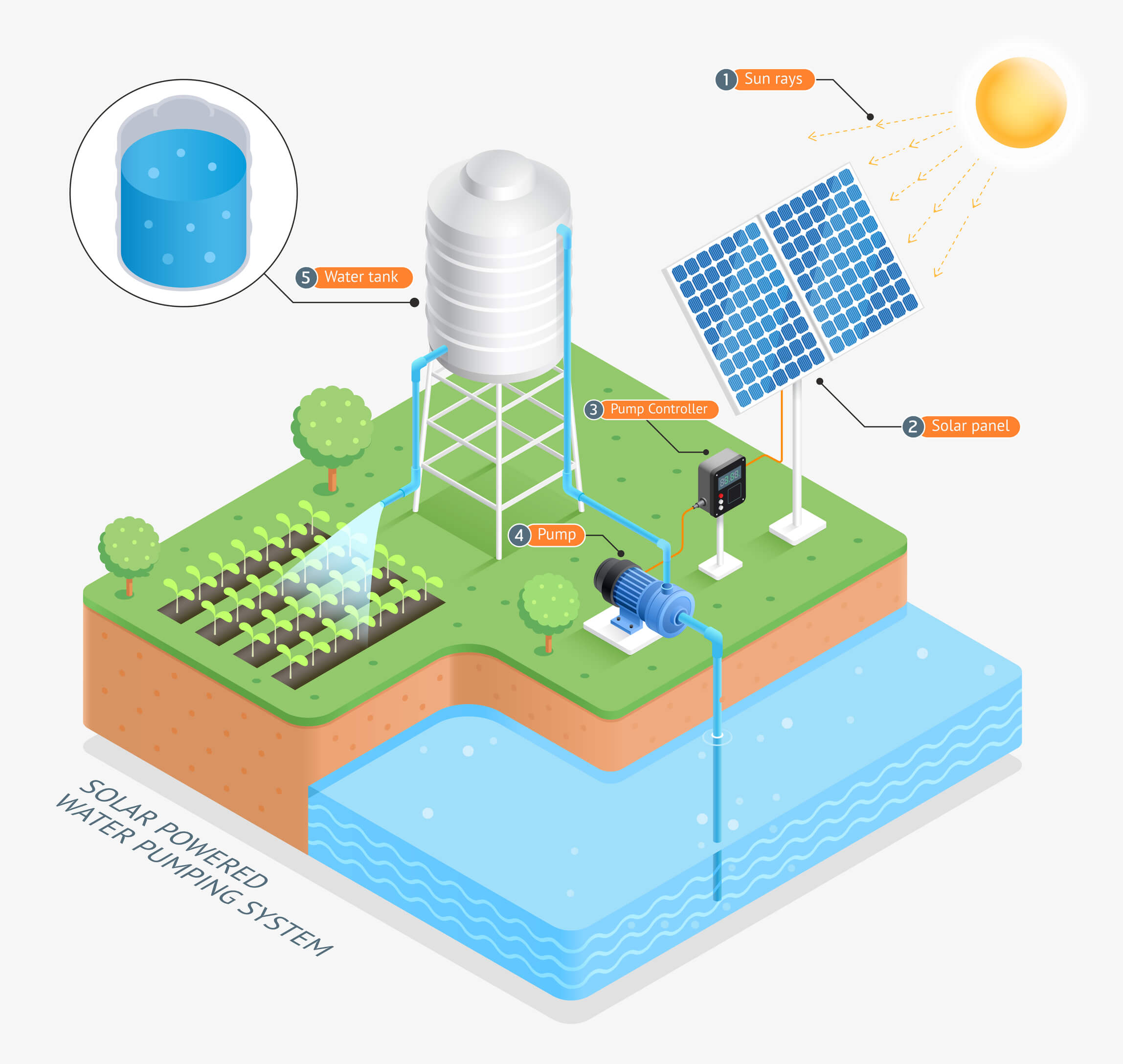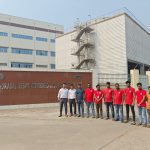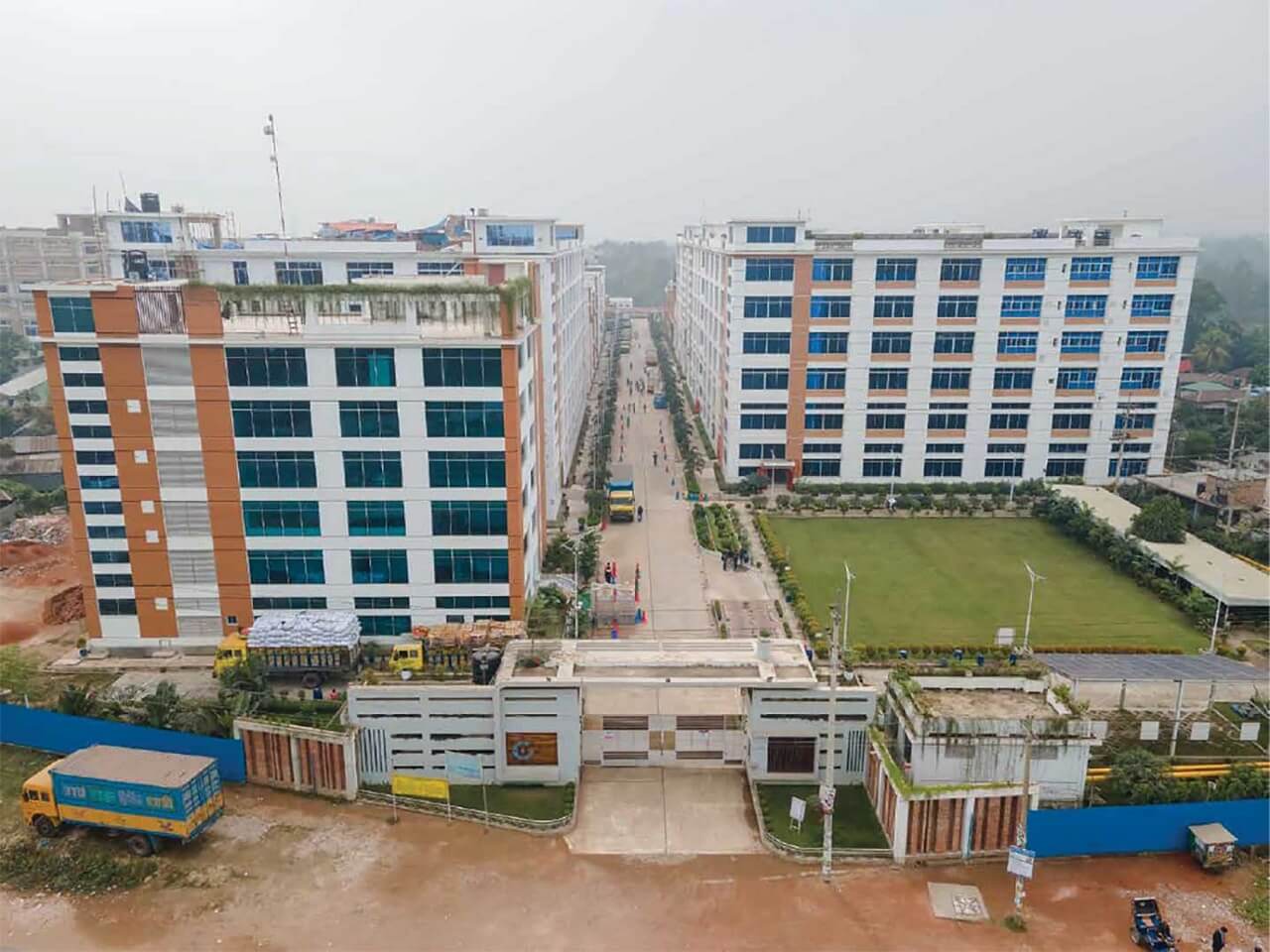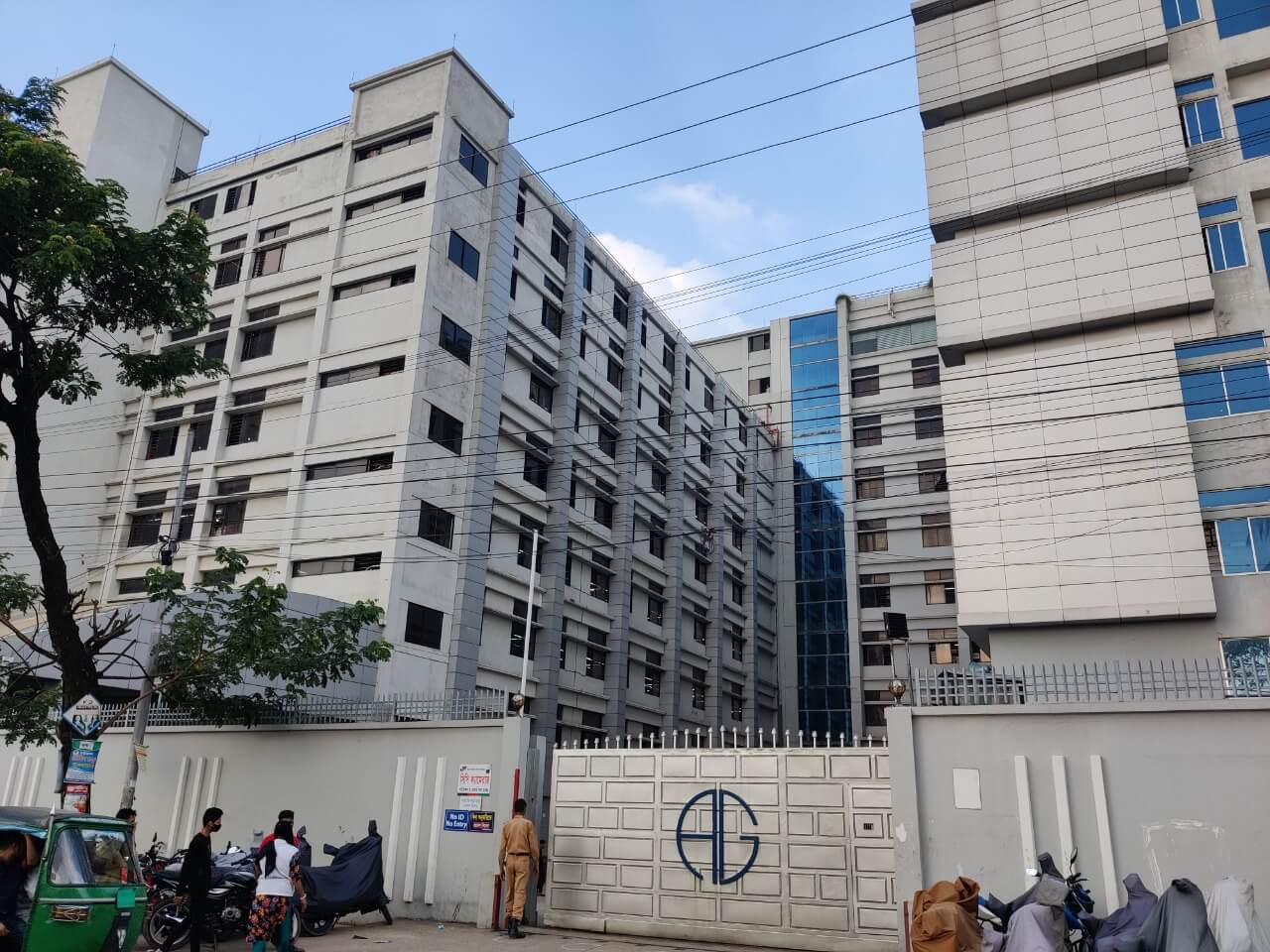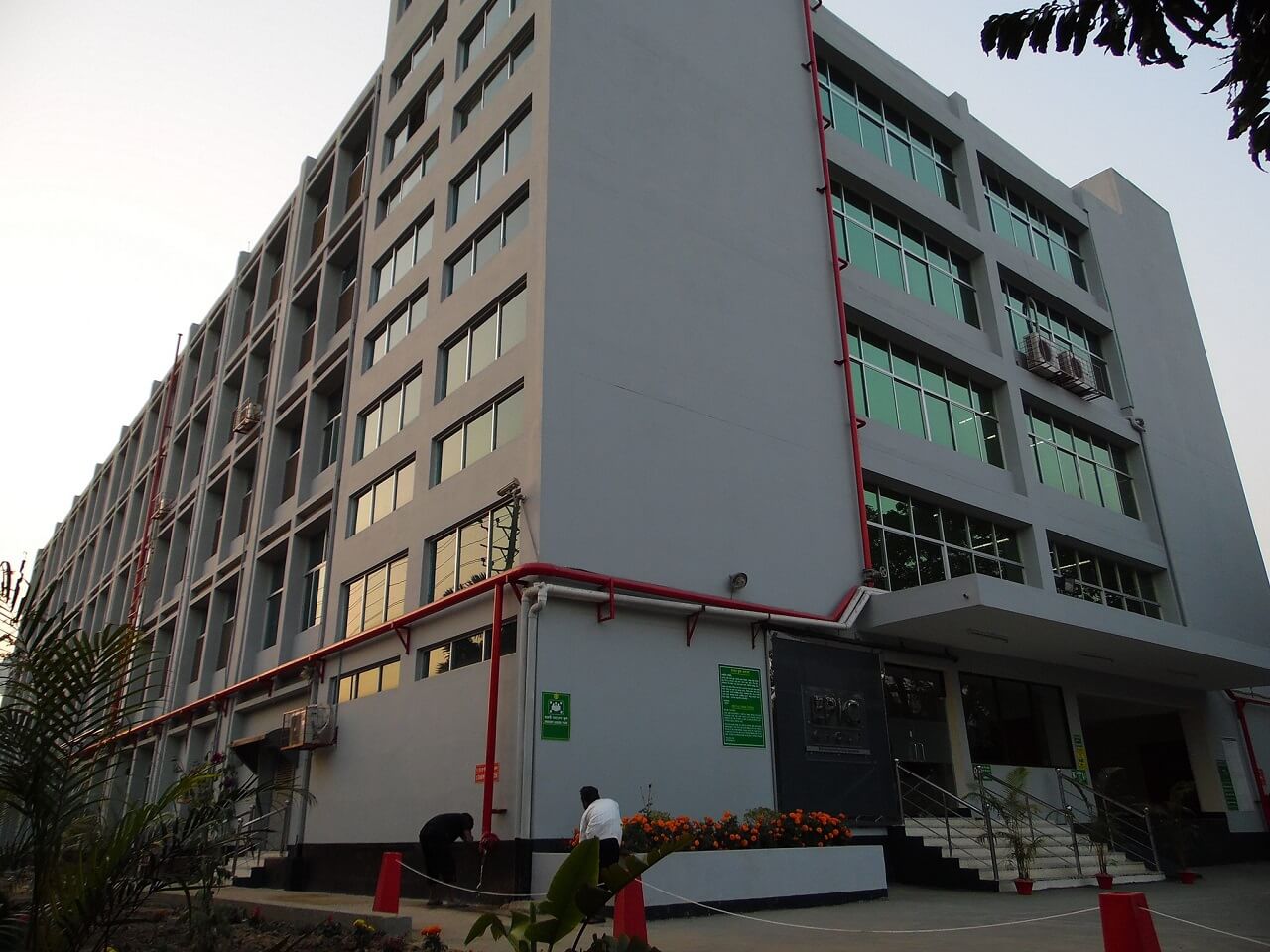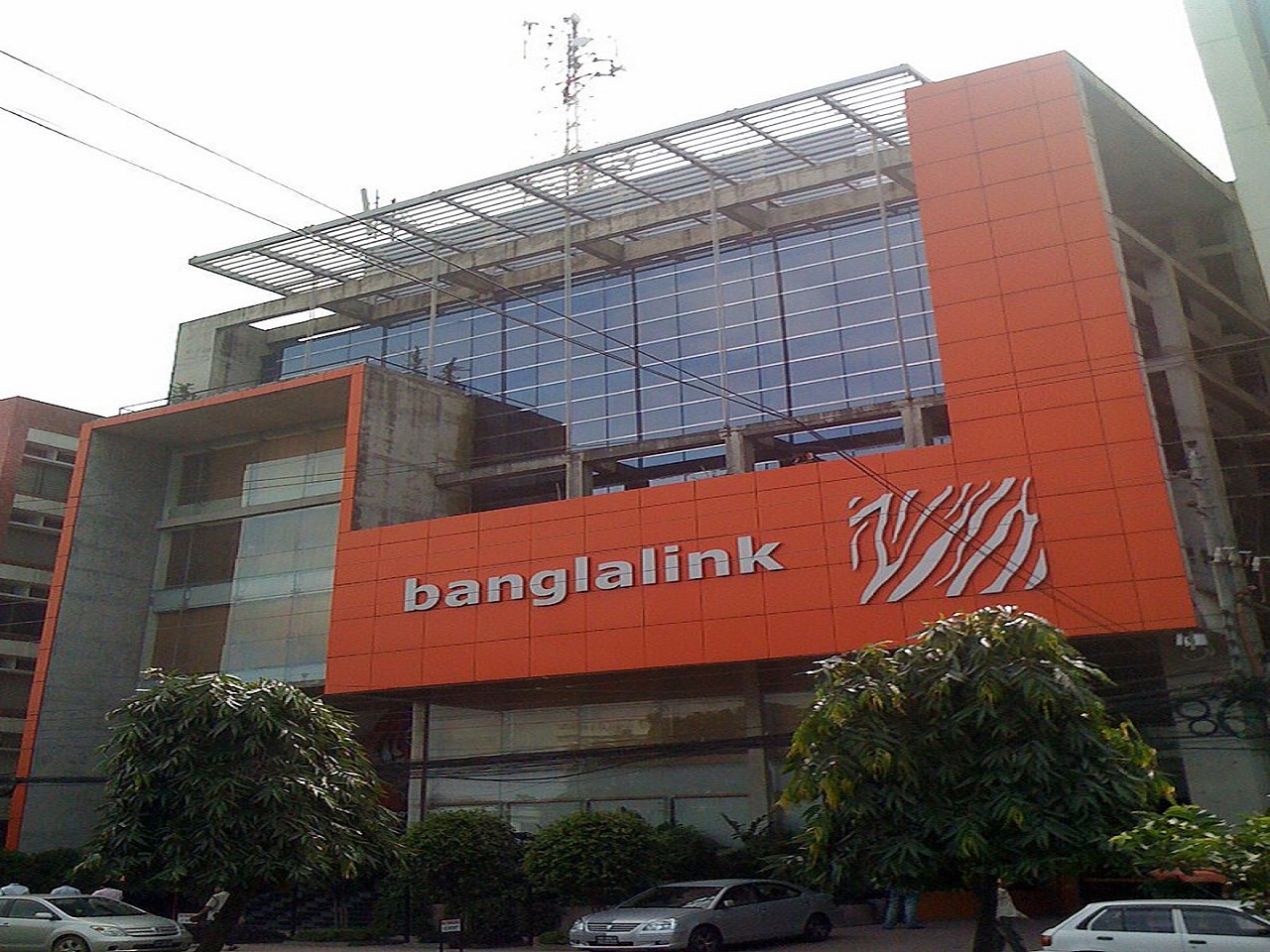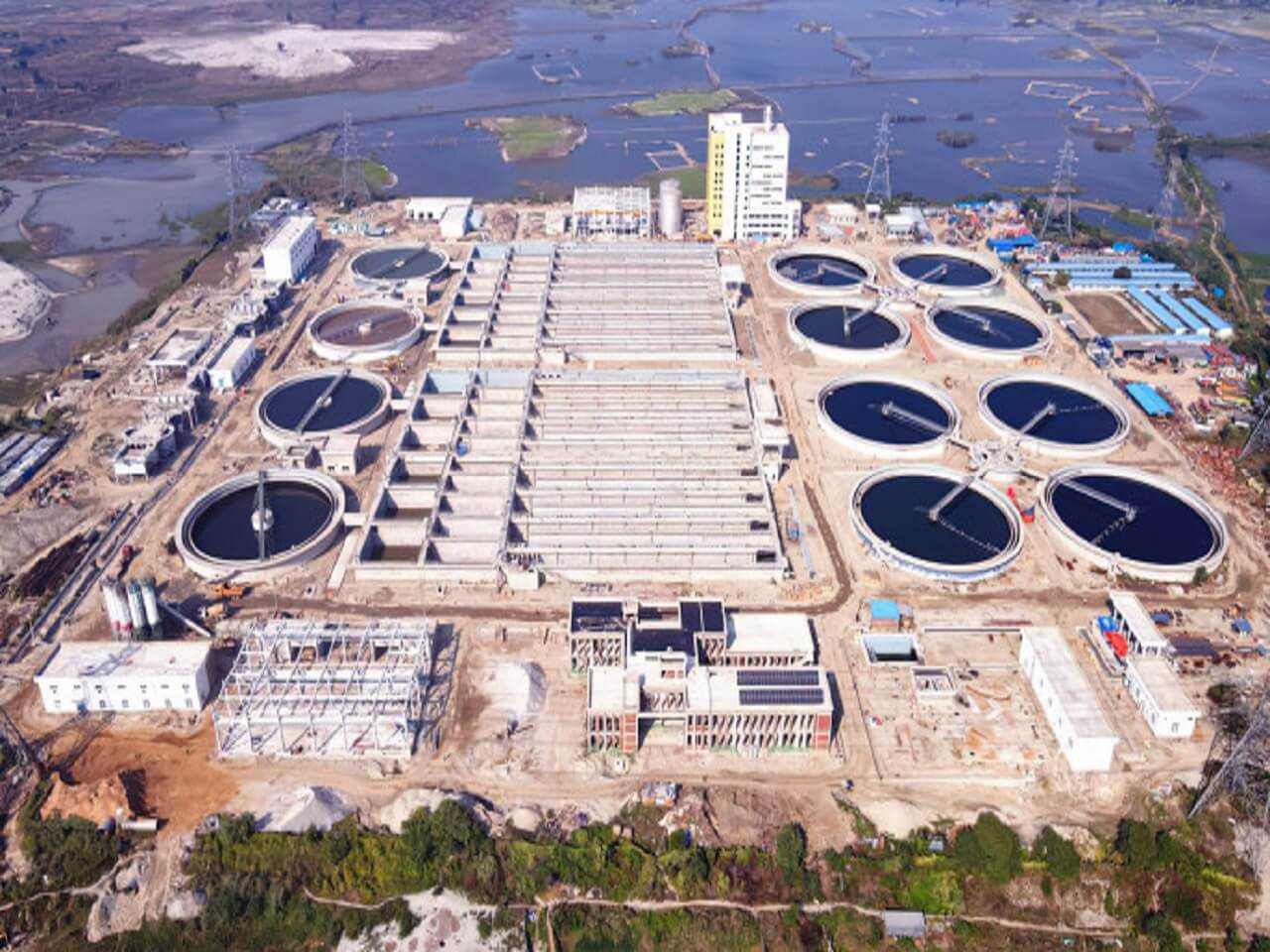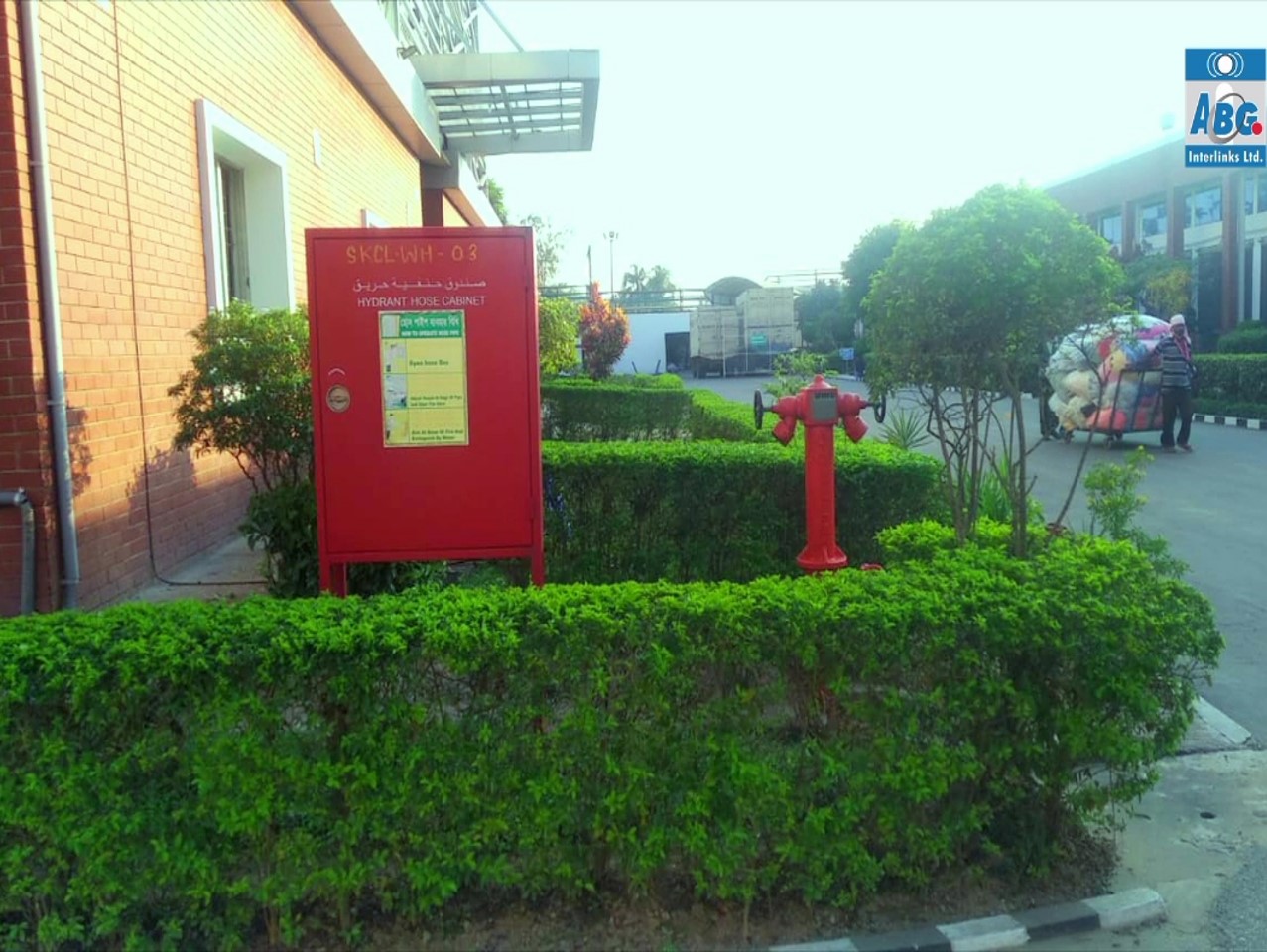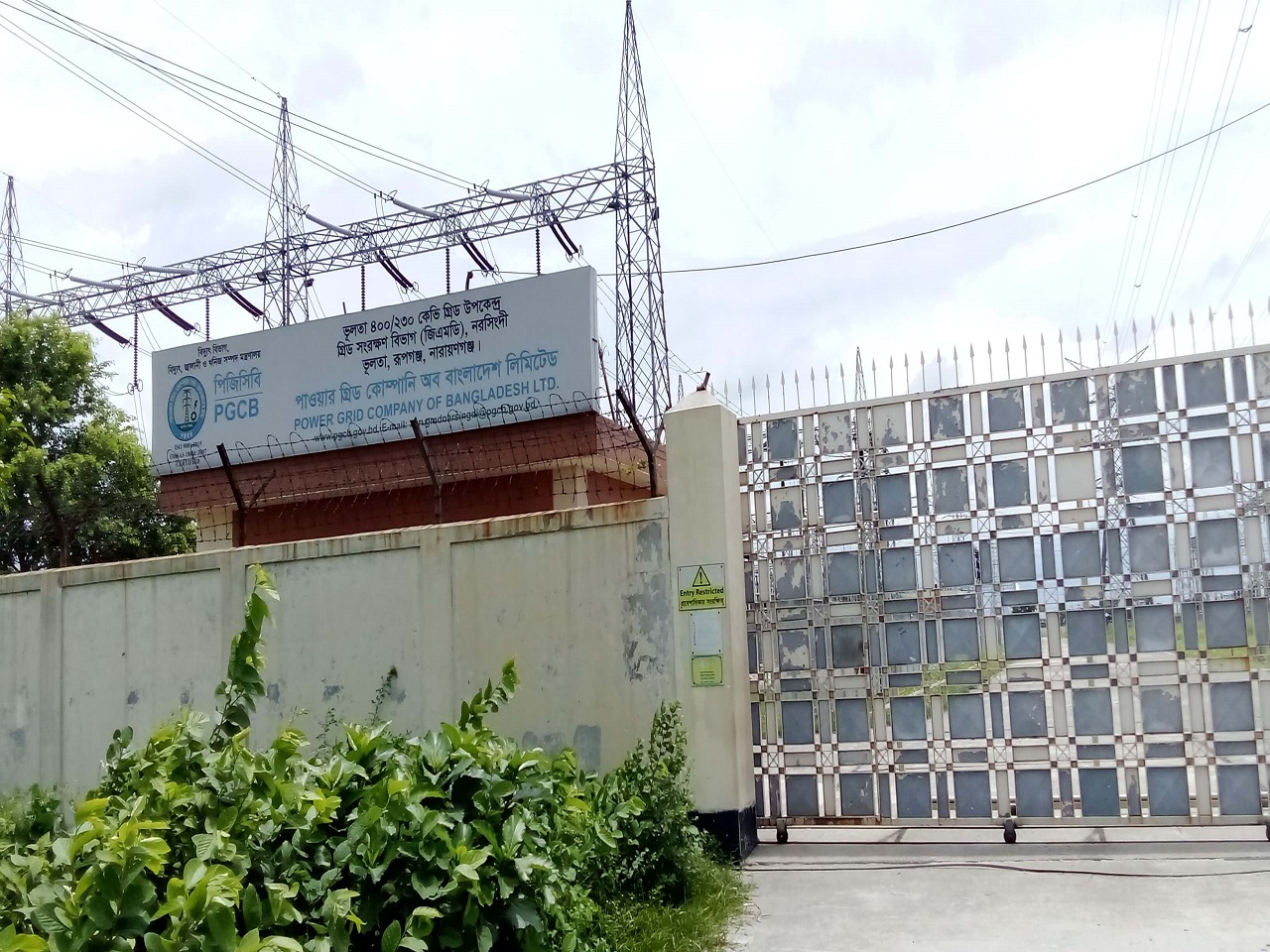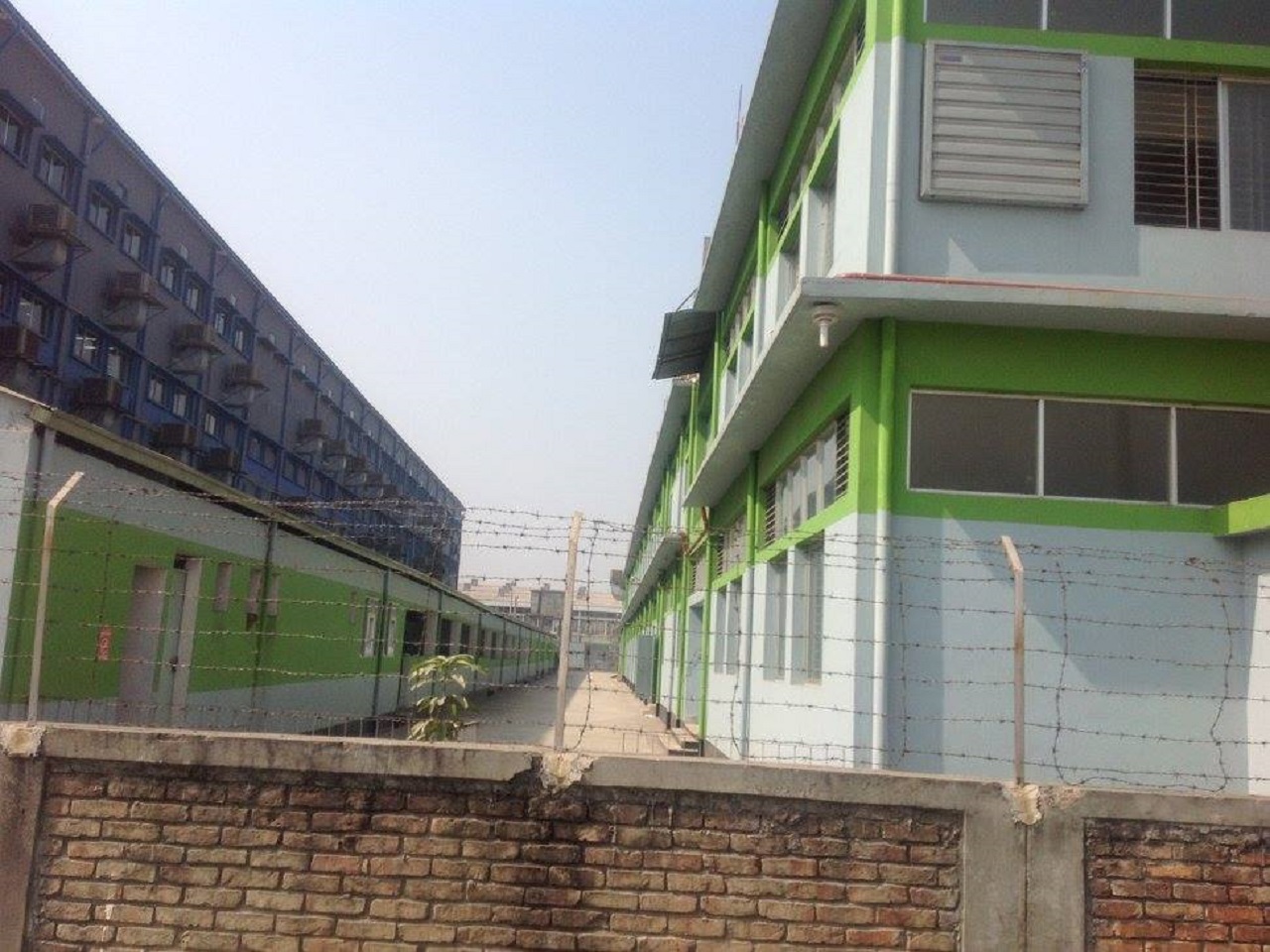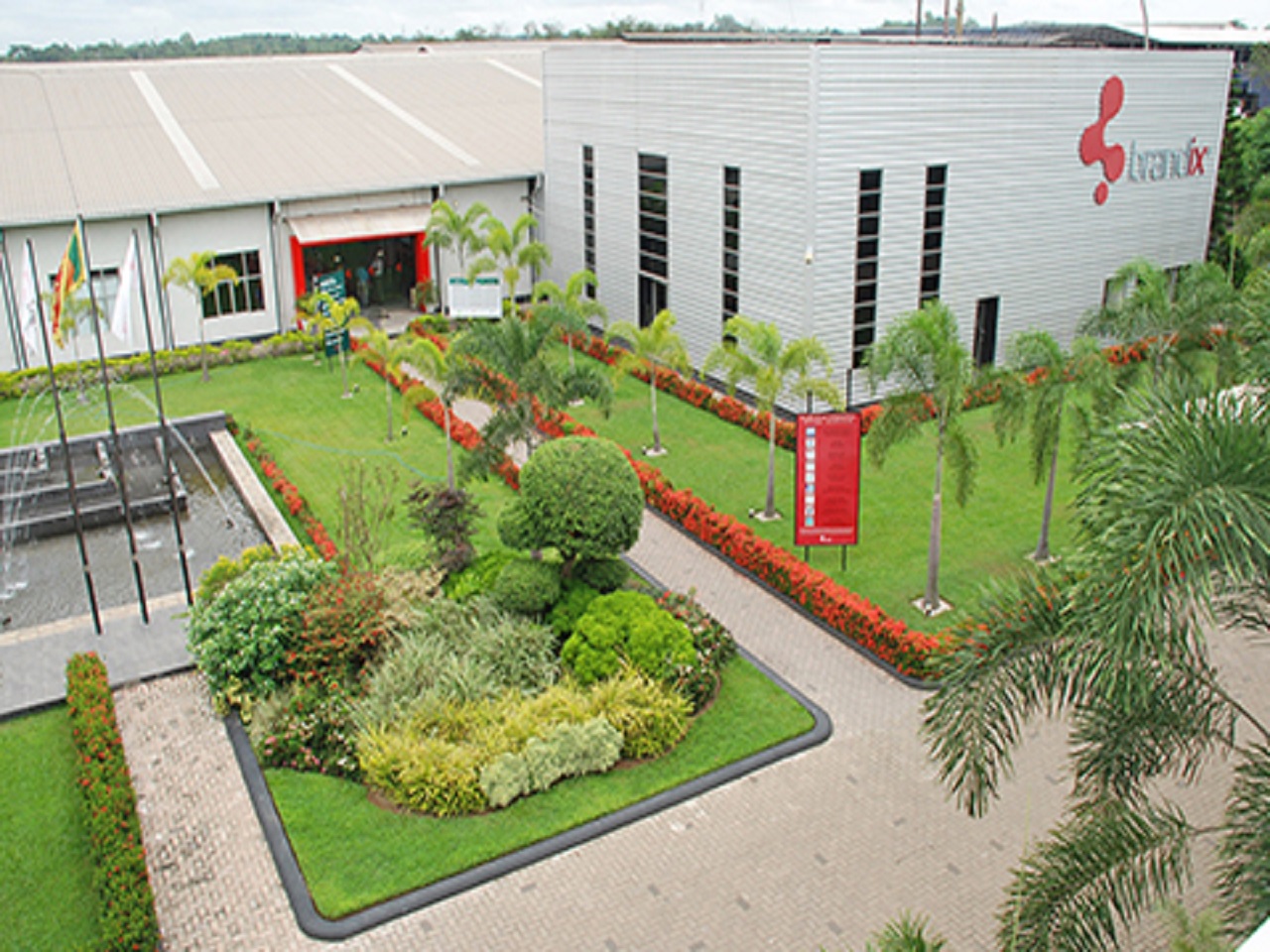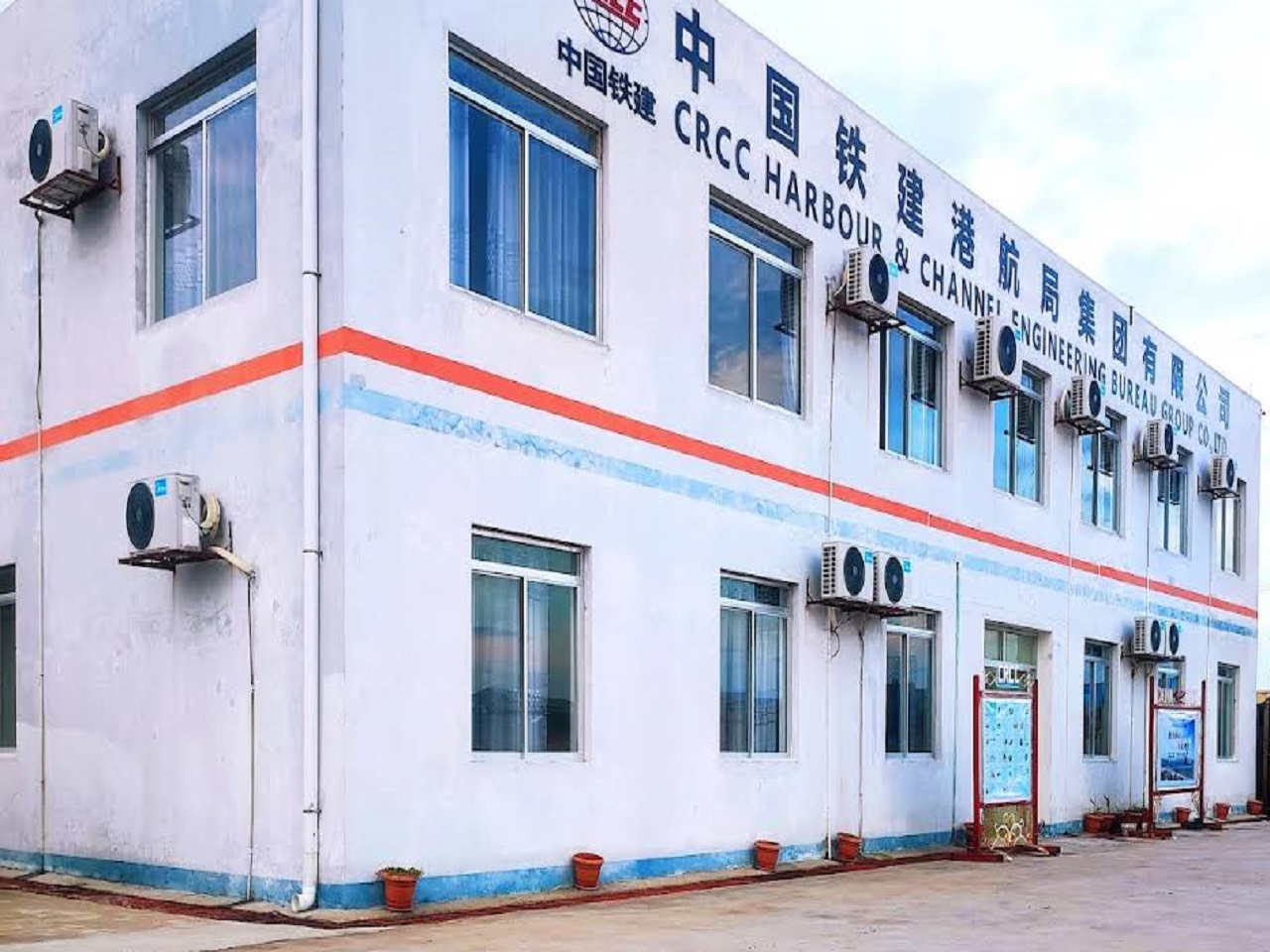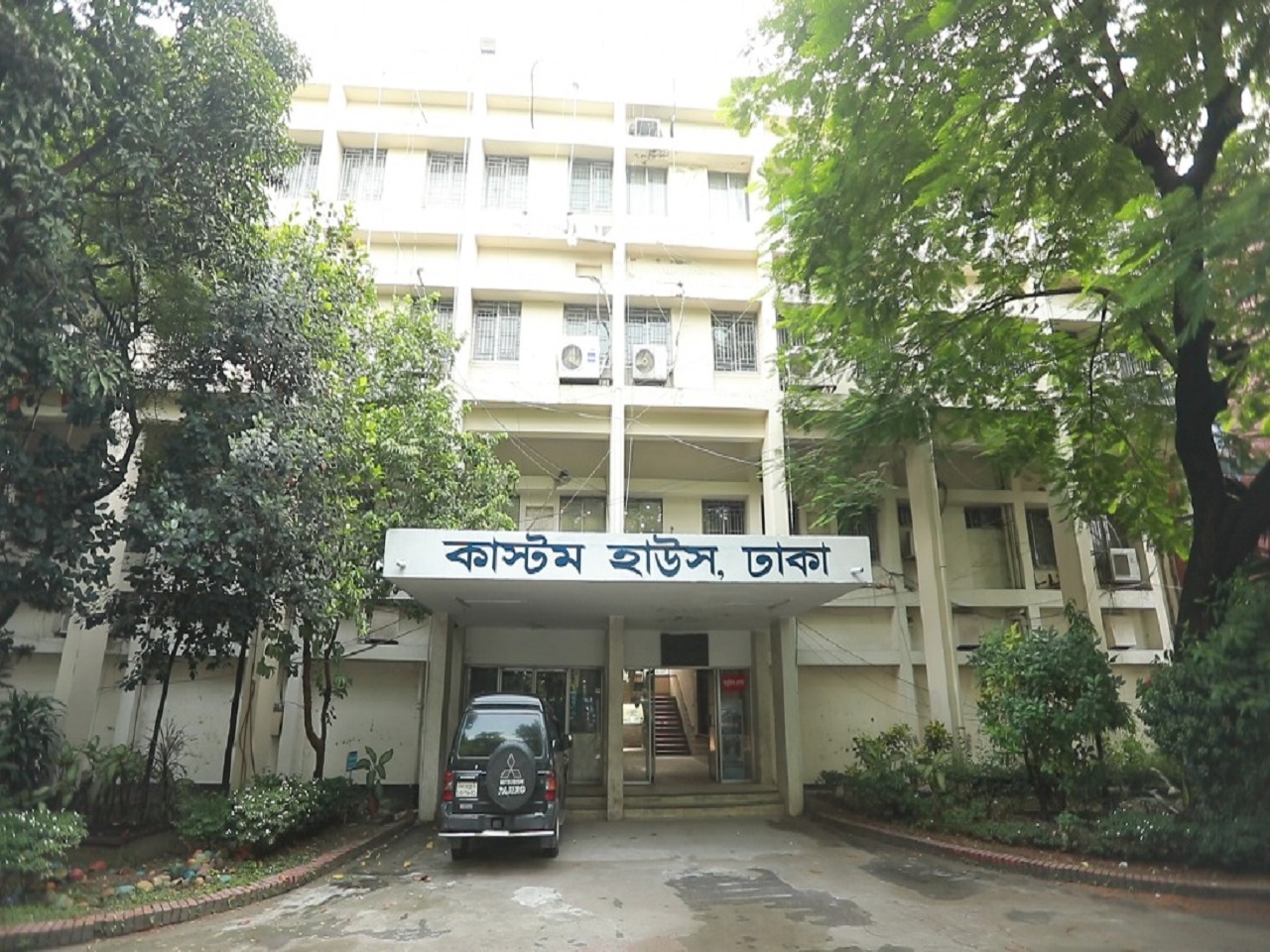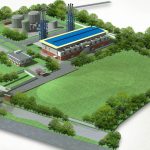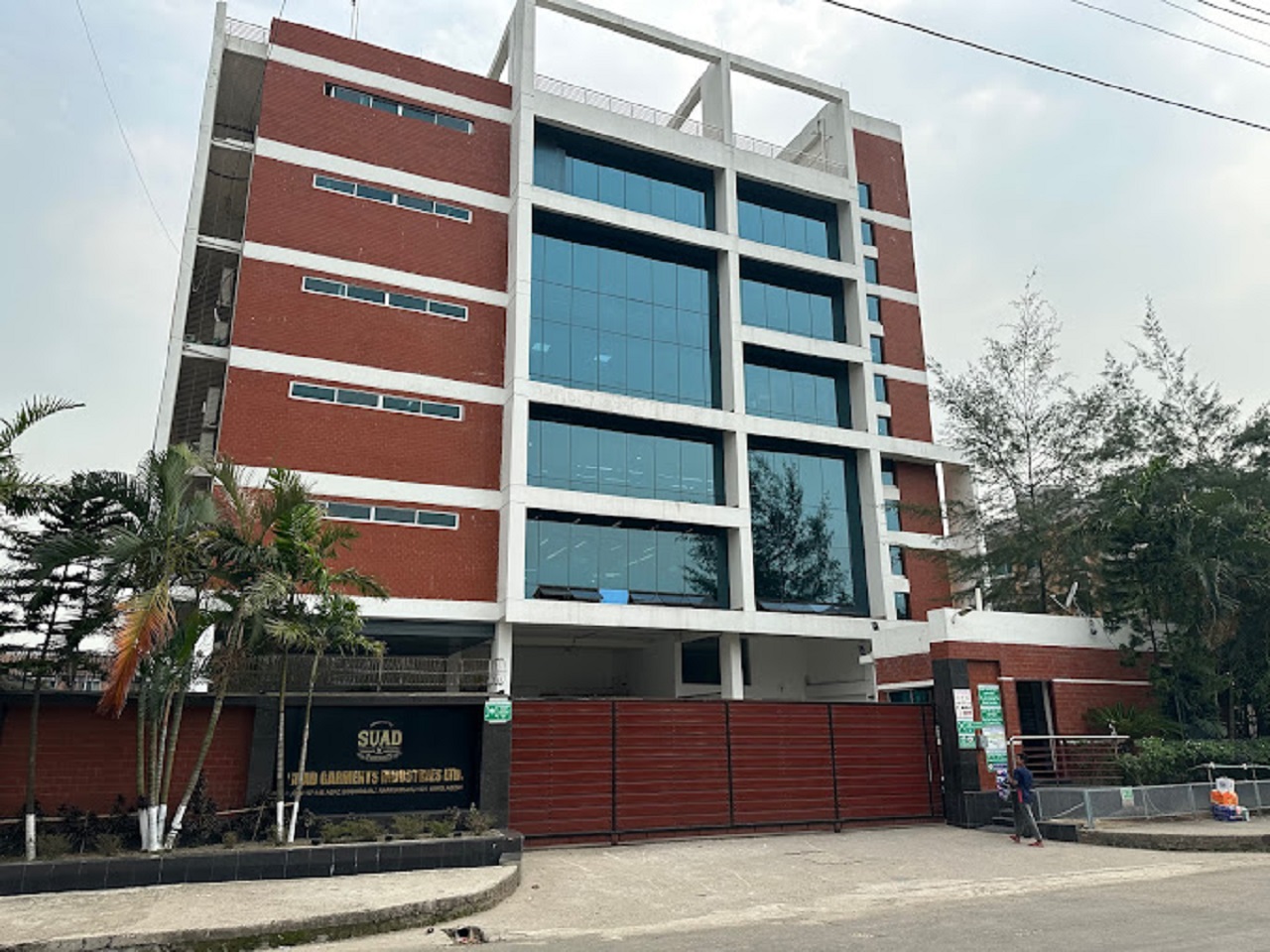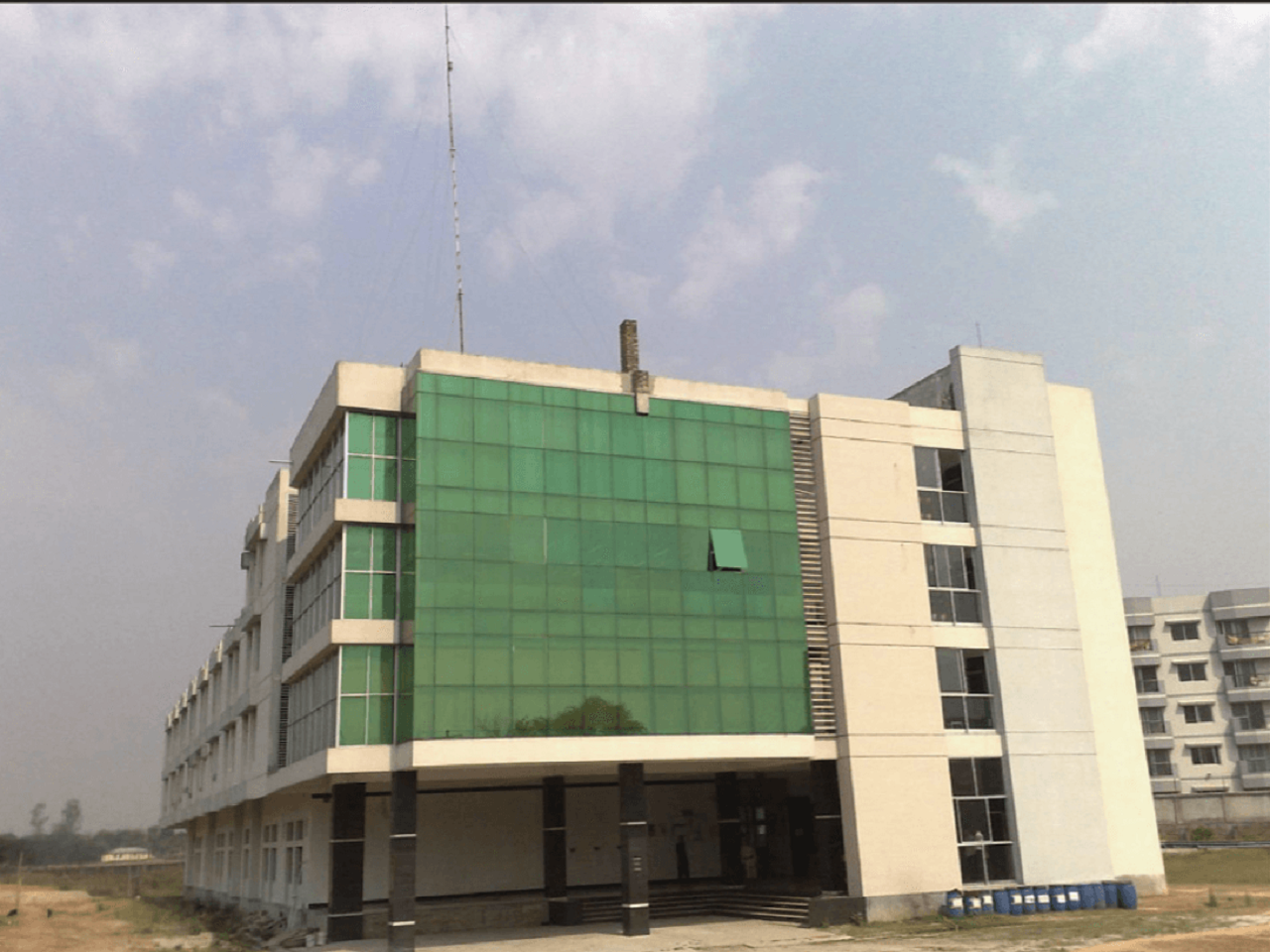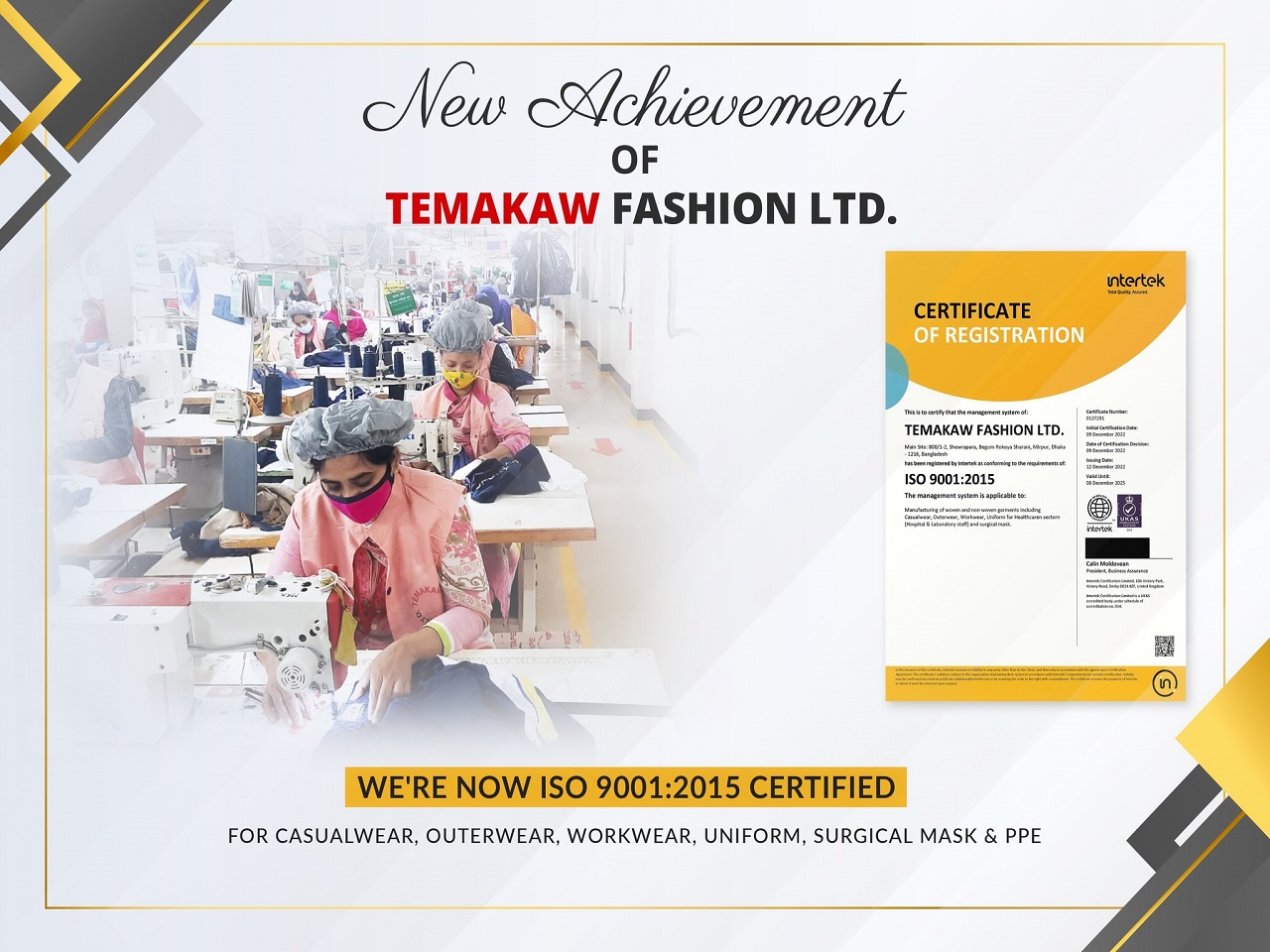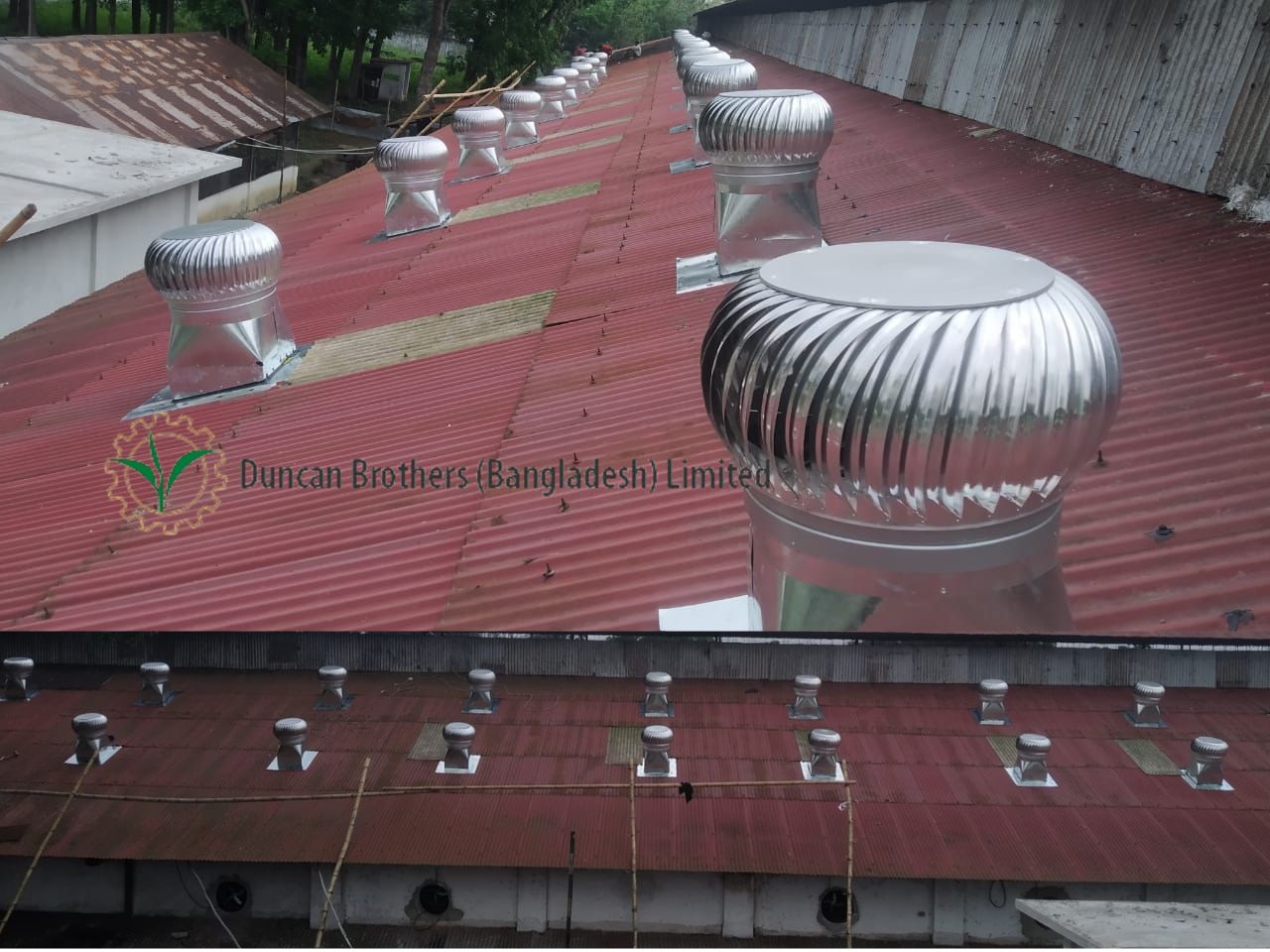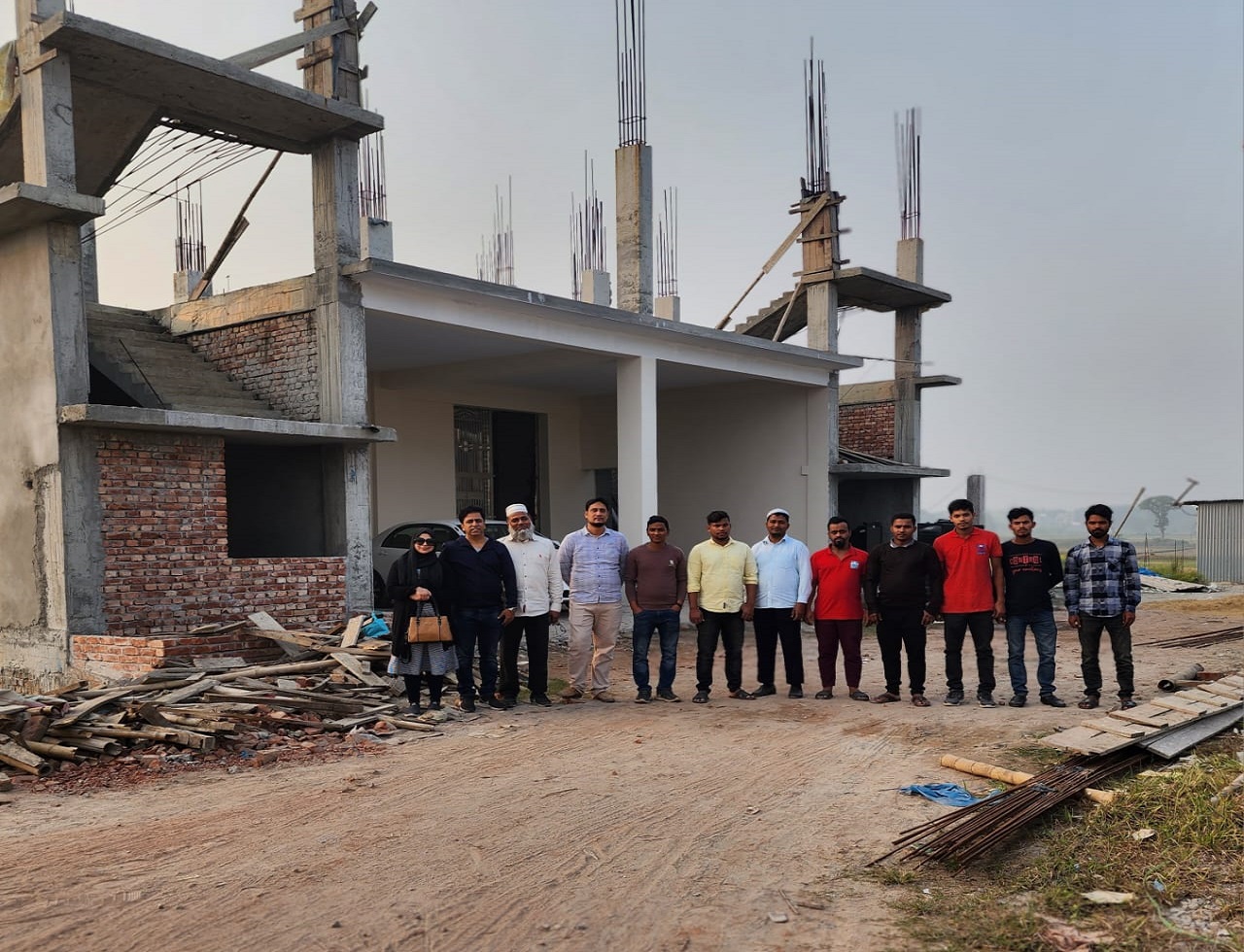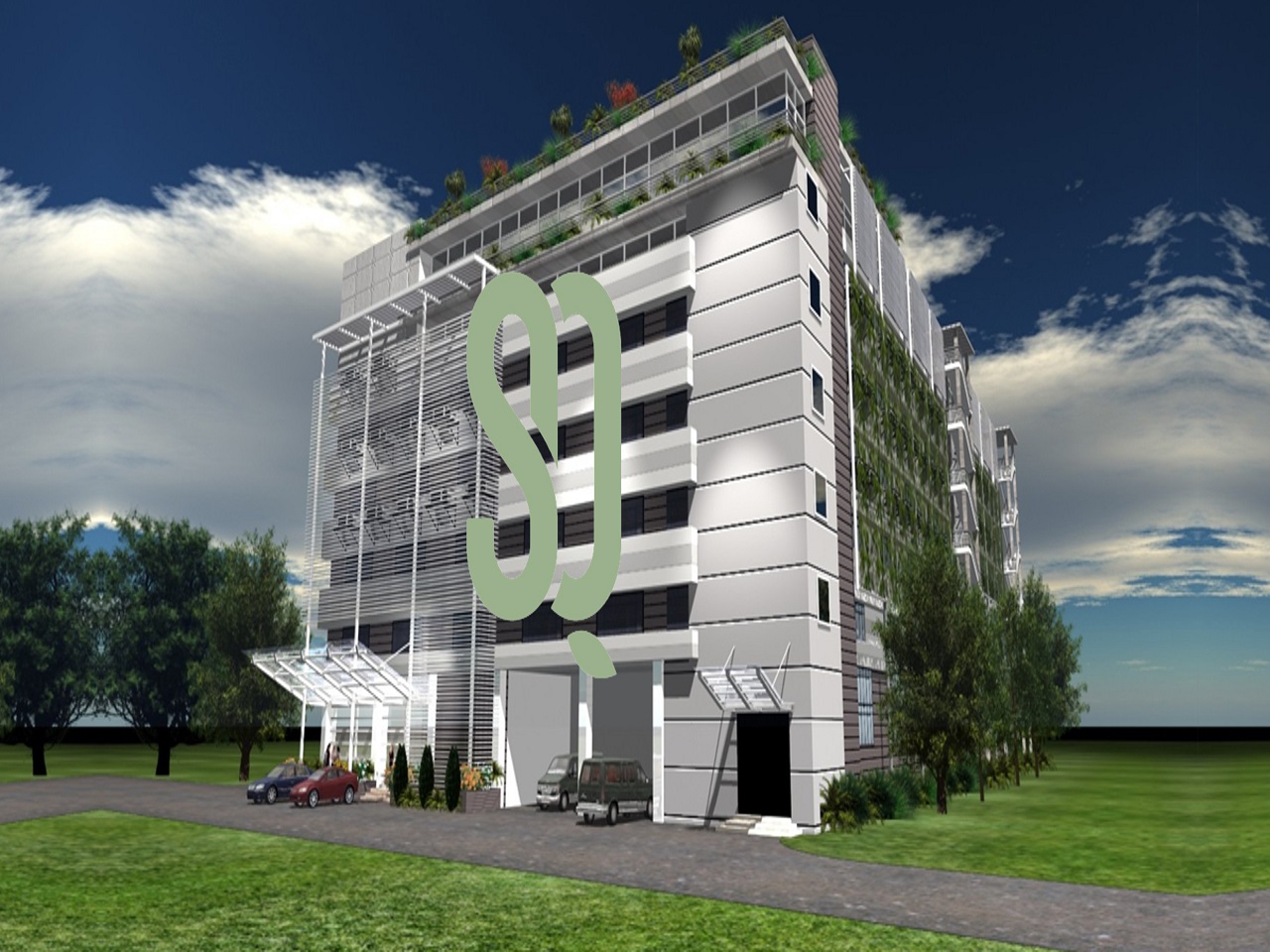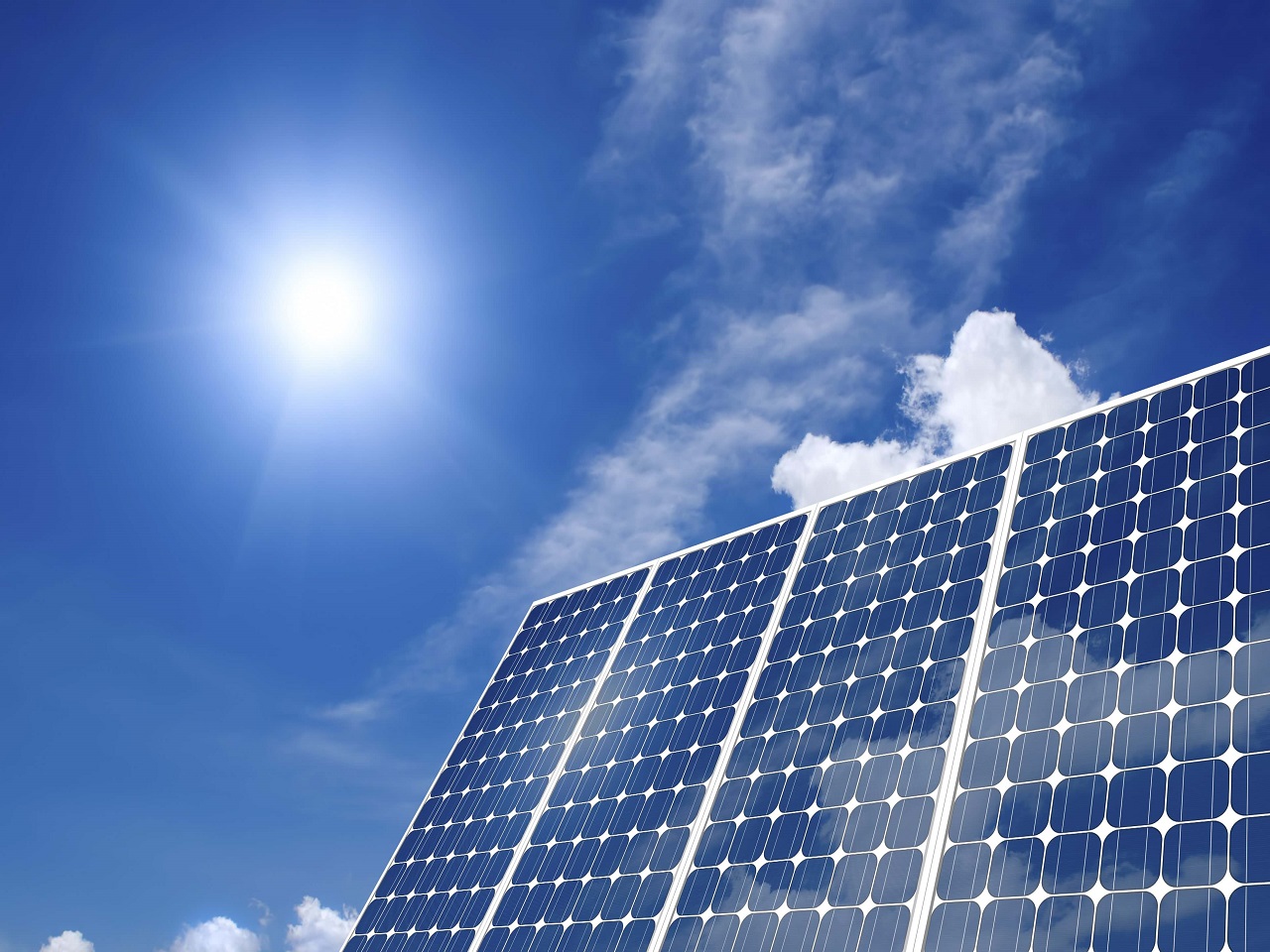Renewable energy is energy derived from natural sources that are replenished at a higher rate than they are consumed. Sunlight and wind, for example, are such sources that are constantly being replenished. Renewable energy sources are plentiful and all around us.
Fossil fuels – coal, oil and gas – on the other hand, are non-renewable resources that take hundreds of millions of years to form. Fossil fuels, when burned to produce energy, cause harmful greenhouse gas emissions, such as carbon dioxide.
SOLAR ENERGY
Solar energy is the most abundant of all energy resources. Solar technologies convert sunlight into electrical energy either through photovoltaic panels or through mirrors that concentrate solar radiation.
The cost of manufacturing solar panels has plummeted dramatically in the last decade, making them not only affordable but often the cheapest form of electricity. Solar panels have a lifespan of roughly 30 years, and come in variety of shades depending on the type of material used in manufacturing.
We are currently holding one of the strongest positions in design, installation & consultant for Solar Mini Grid & PV Grid MW Power project. One of the largest solar projects successfully accomplished by us in Cox’s Bazar Rohingya camp under the supervision of World Health Organization
Rooftop Solar - Empowering Industry with Smart Solar Solutions
What is an Industrial On-Grid Rooftop Solar PV System?
An Industrial On-Grid Rooftop Solar Photovoltaic (PV) System is a solar power installation mounted on the rooftops of industrial or commercial buildings. This system captures sunlight using photovoltaic panels and converts it into electricity, which is then used to power the facility’s operations. Crucially, it remains connected to the local electricity grid—allowing surplus energy to be exported and additional power to be imported when needed. This grid-tied setup ensures uninterrupted energy supply while enabling energy savings and contributing to a greener energy ecosystem.
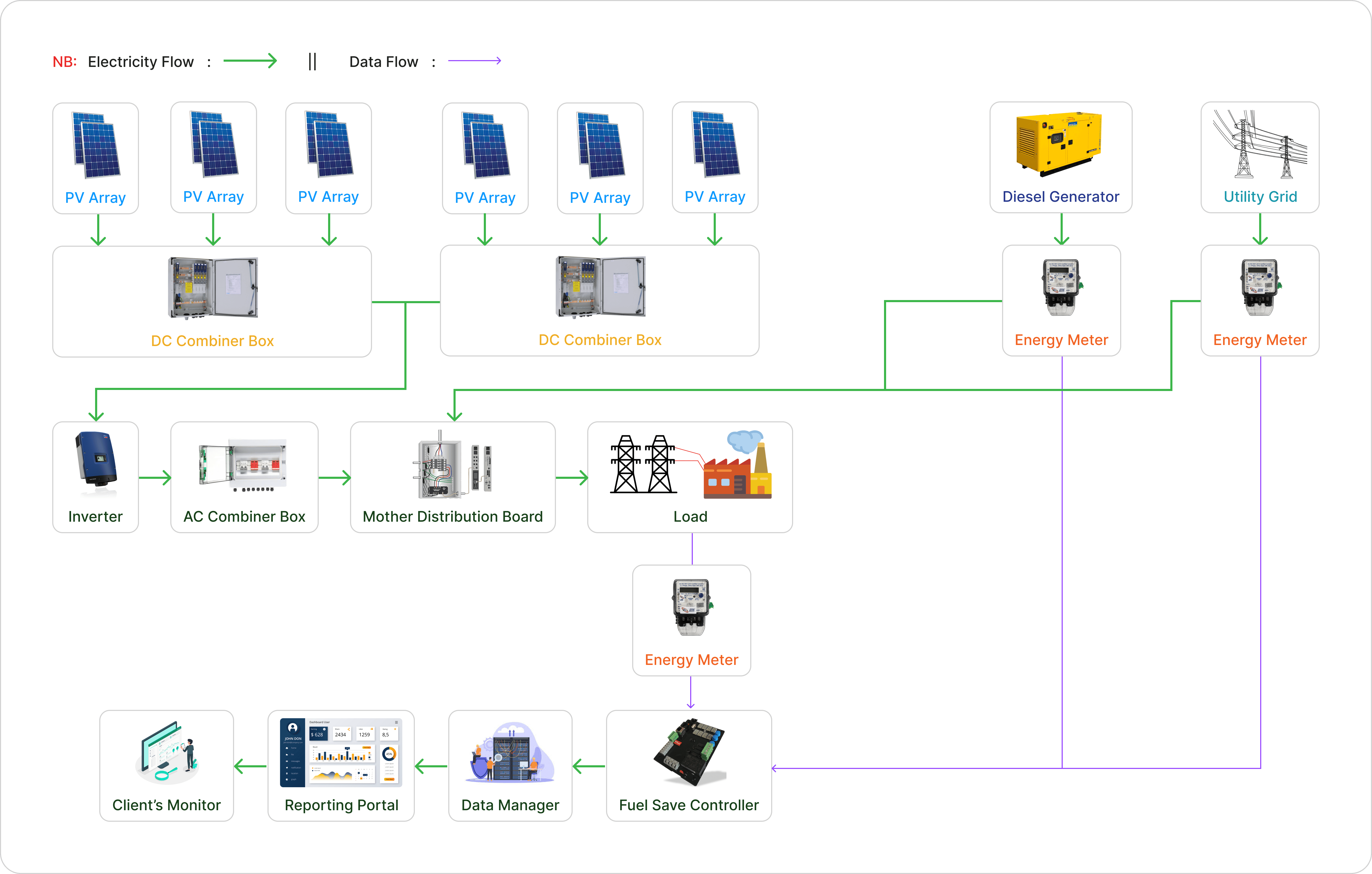
Solar Net Metering System
Maximize Savings with Smart Energy Management
What is Net Metering?
Net metering is a billing mechanism that allows homeowners and businesses with solar energy systems to feed excess electricity back into the grid. When your solar panels produce more energy than you consume, the surplus is sent to the utility grid—and in return, you earn credits on your electricity bill. During times when your system generates less energy (like at night or on cloudy days), you can draw electricity from the grid using those earned credits.
How Does It Work?
- Solar Power Generation: Your solar panels generate electricity during the day.
- Self-Consumption: The electricity first powers your home or business.
- Excess Energy Exported: Any surplus energy is exported to the grid.
- Energy Credits: You receive credits for the exported electricity.
- Grid Usage: At night or during low production, you use grid electricity, offset by your credits.
Key Benefits of Net Metering:
- 💰 Lower Electricity Bills: Reduce or eliminate your monthly power costs.
- 🌍 Eco-Friendly: Promotes the use of clean, renewable energy.
- 🔄 Efficient Energy Use: No energy is wasted—excess power is put to good use.
- 🔌 Grid Support: Contributes to a more resilient and sustainable power grid.
- 📈 Faster ROI: Accelerates your return on investment from solar installations.
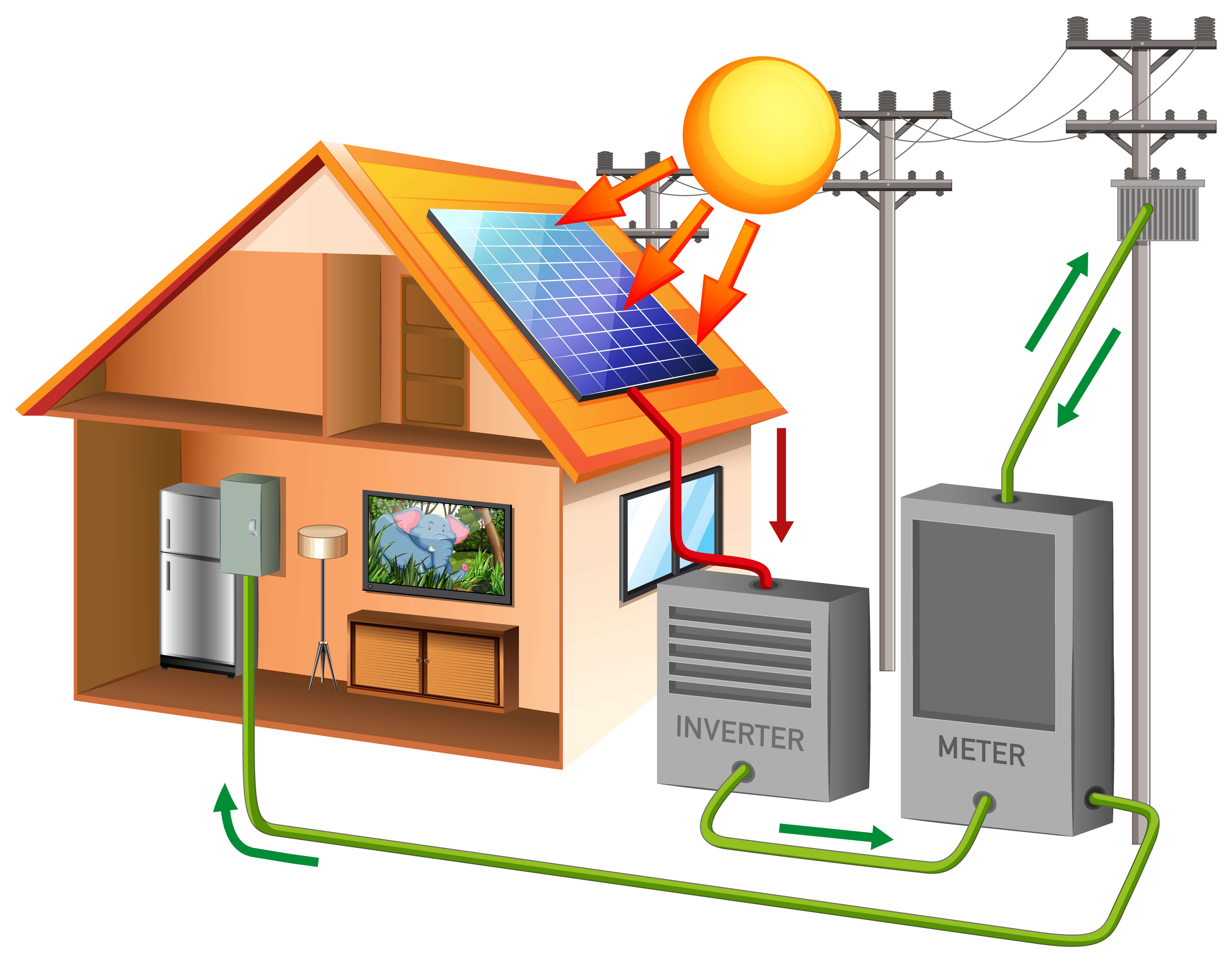
Solar Home Appliances
Harnessing Solar Energy for Everyday Living
In an era where sustainability and energy efficiency are paramount, solar-powered home appliances offer an innovative solution to reduce electricity bills and minimize environmental impact. By utilizing solar energy, these appliances deliver reliable performance while supporting eco-friendly living.
🔋 What Are Solar Home Appliances?
Solar home appliances are devices designed to operate using electricity generated from solar panels. They can be categorized into two types:
- Direct Current (DC) Appliances: These run directly on the DC electricity produced by solar panels and are commonly used in off-grid systems.
- Alternating Current (AC) Appliances: These require an inverter to convert DC electricity into AC, making them suitable for grid-tied systems.
A wide range of household appliances can be powered by solar energy, including:
Lighting systems | Refrigerators and freezers |
Washing machines | Air conditioners and heaters |
Water pumps | Street light etc. |
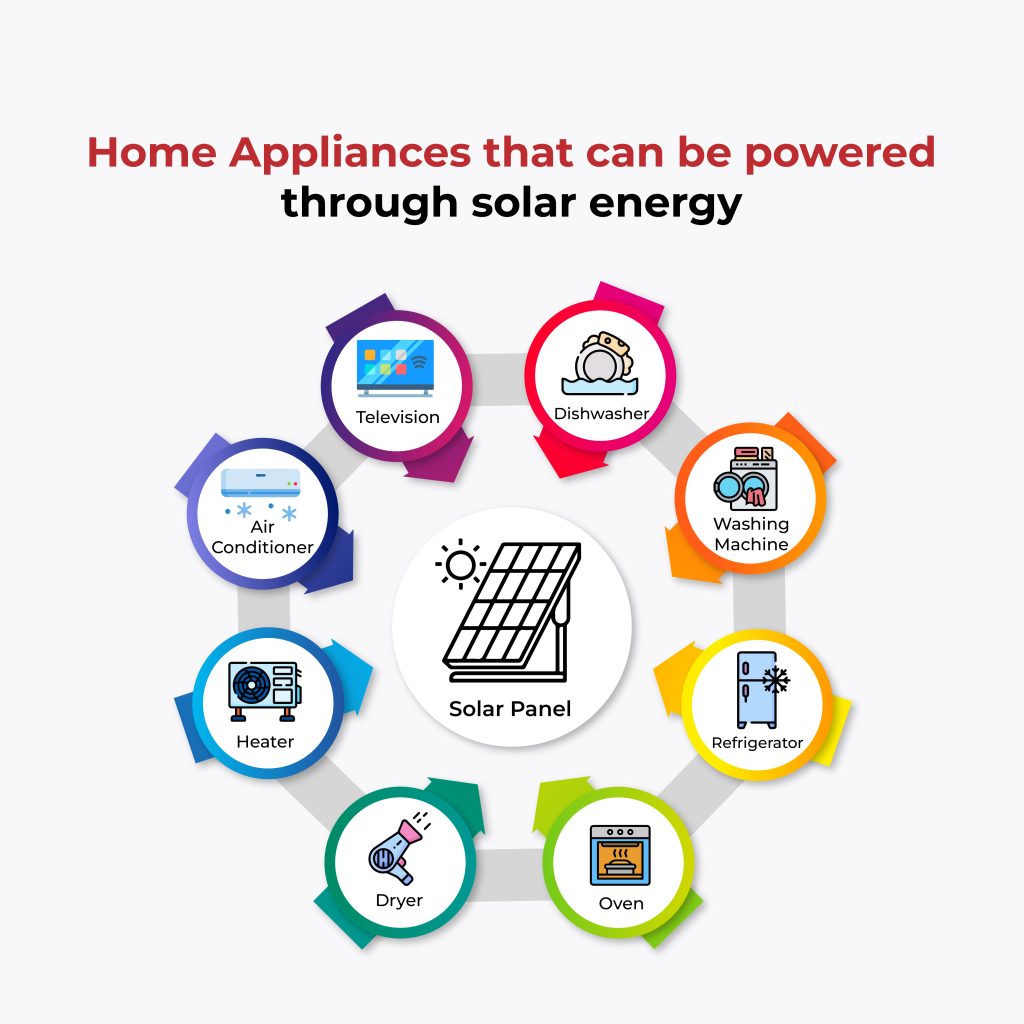
Solar PV Storage Solutions
Unlock the Full Potential of Solar Energy
At the core of our commitment to sustainable energy lies the goal of helping you get the most from your solar investment. A Solar PV Storage Solution combines solar photovoltaic (PV) panels with energy storage technology—most commonly high-capacity rechargeable batteries. These systems store excess electricity generated during peak sunlight hours and make it available for use during the evening, nighttime, or periods of low solar generation. By enabling greater self-consumption of solar energy, these solutions boost energy independence, improve grid resilience, and offer a safeguard against power disruptions.
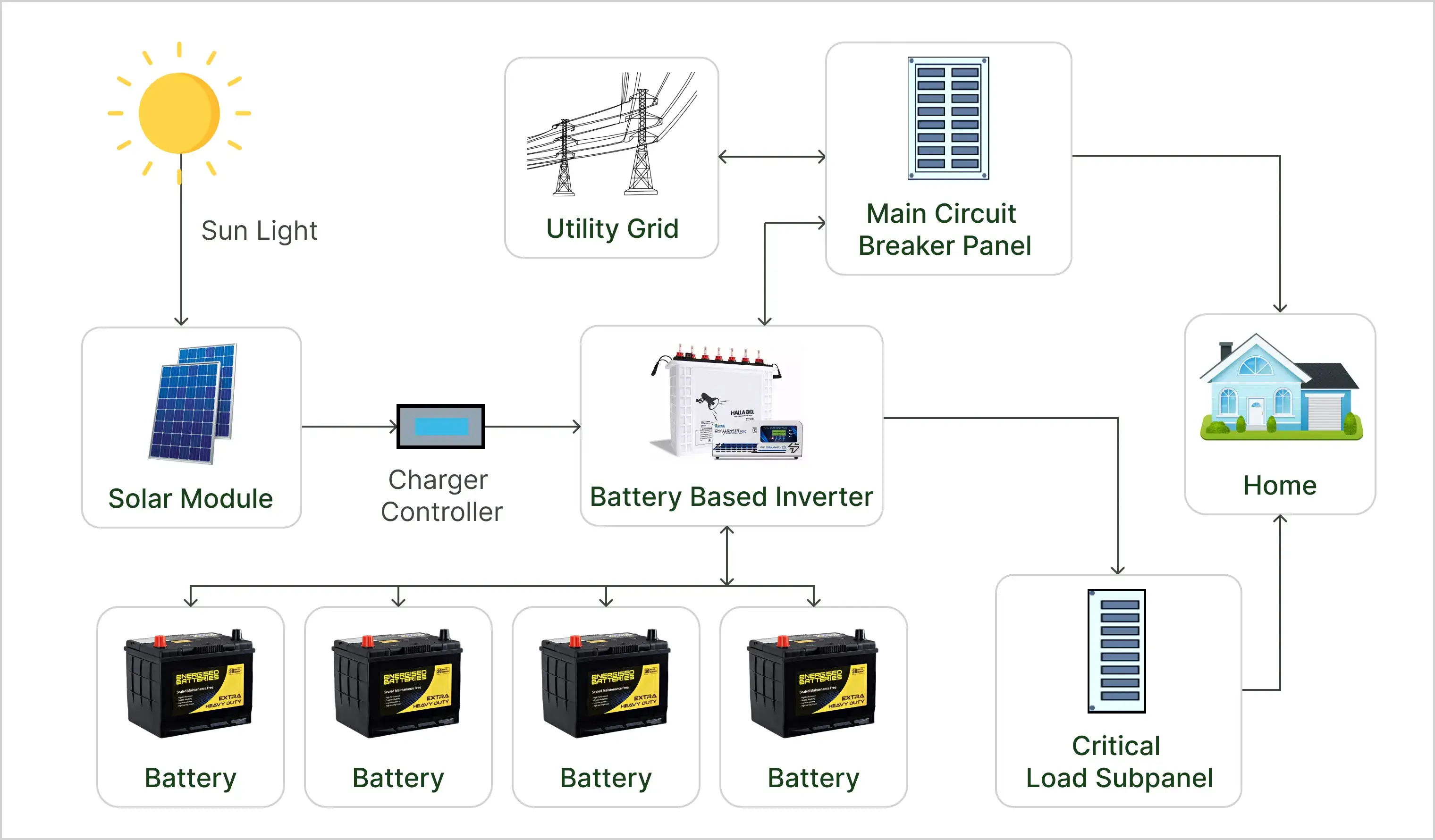
Solar Irrigation Systems
Powering Sustainable Agriculture with the Sun
We are committed to delivering smart, eco-friendly solutions that support sustainable farming. Our Solar Irrigation Systems use clean, renewable solar energy to power irrigation pumps, ensuring efficient and cost-effective water distribution for crops. A Solar Irrigation System is an environmentally sustainable solution that uses solar photovoltaic (PV) panels to generate electricity for operating water pumps in agricultural settings. These systems convert sunlight into energy to power irrigation infrastructure, enabling consistent and efficient water supply to crops. By shifting away from conventional energy sources, solar irrigation enhances energy independence, supports eco-conscious farming, and promotes long-term agricultural resilience.
